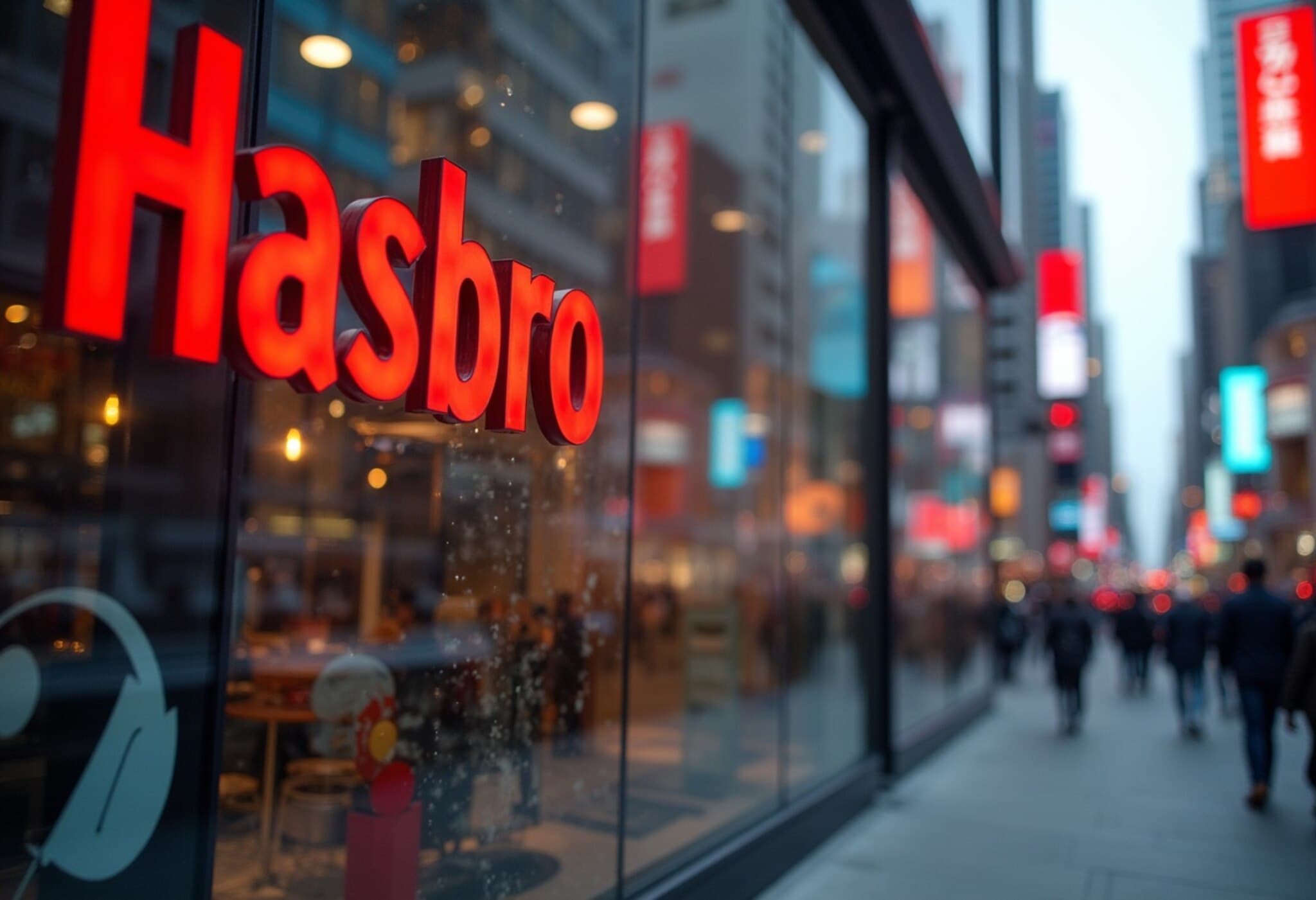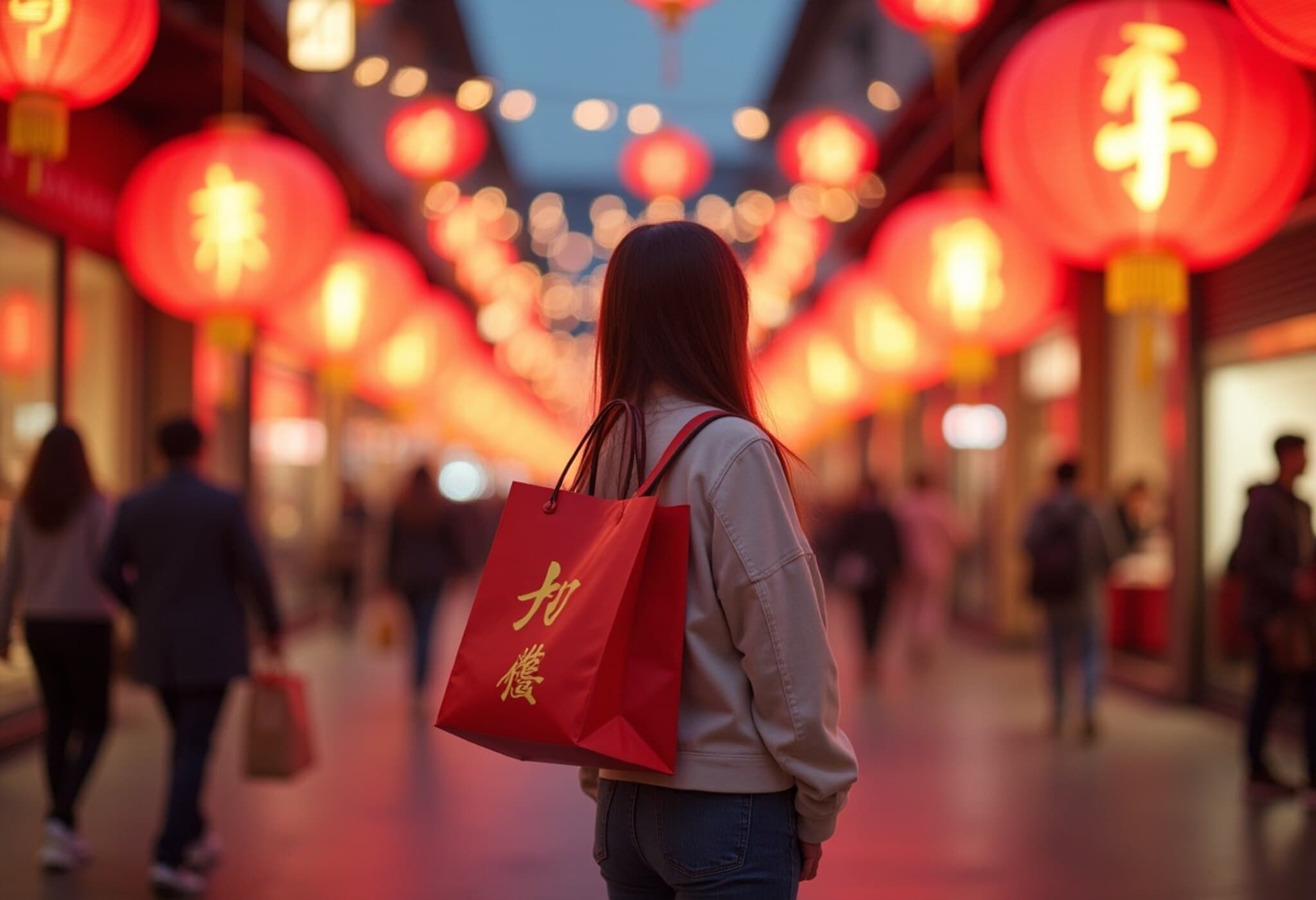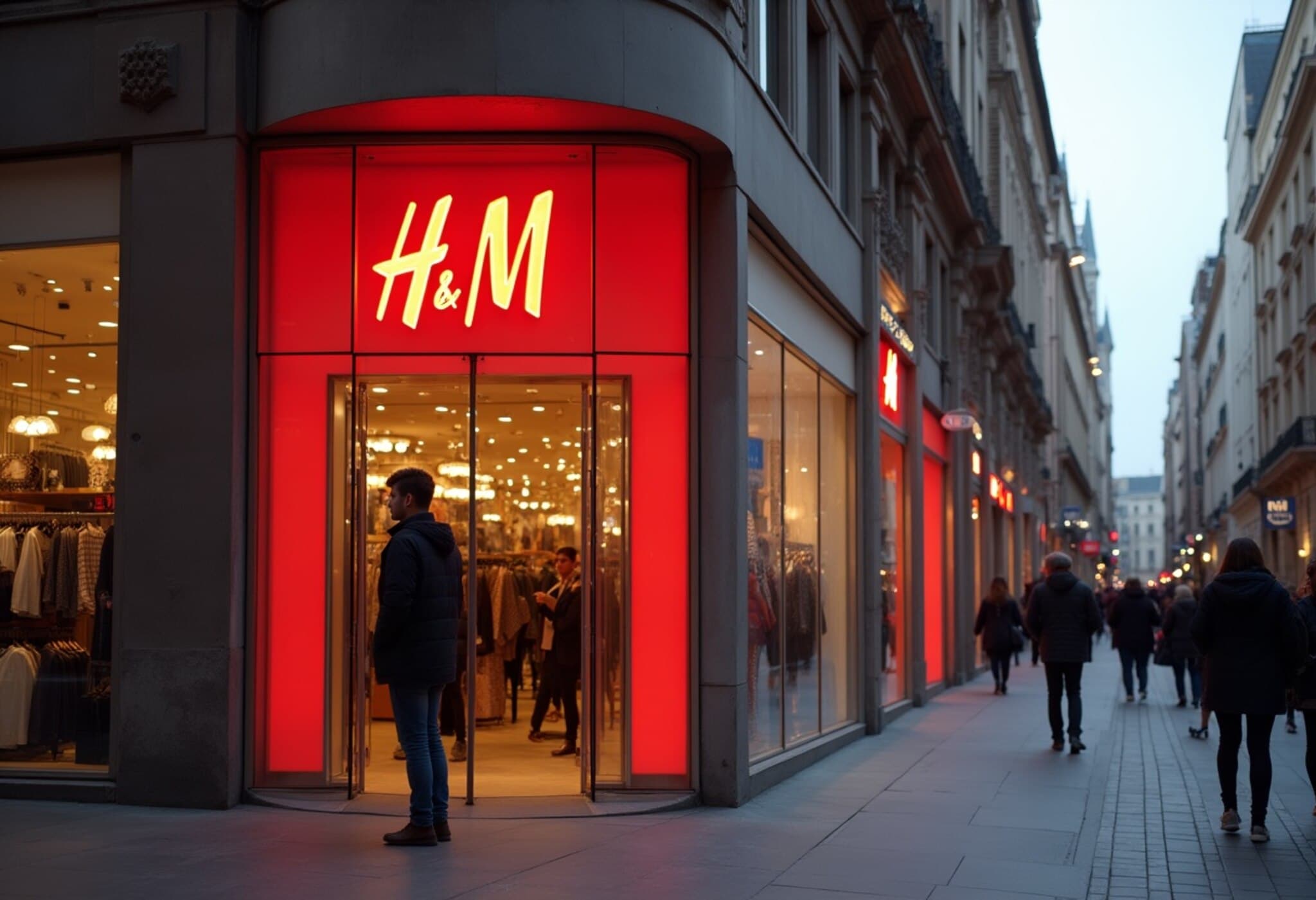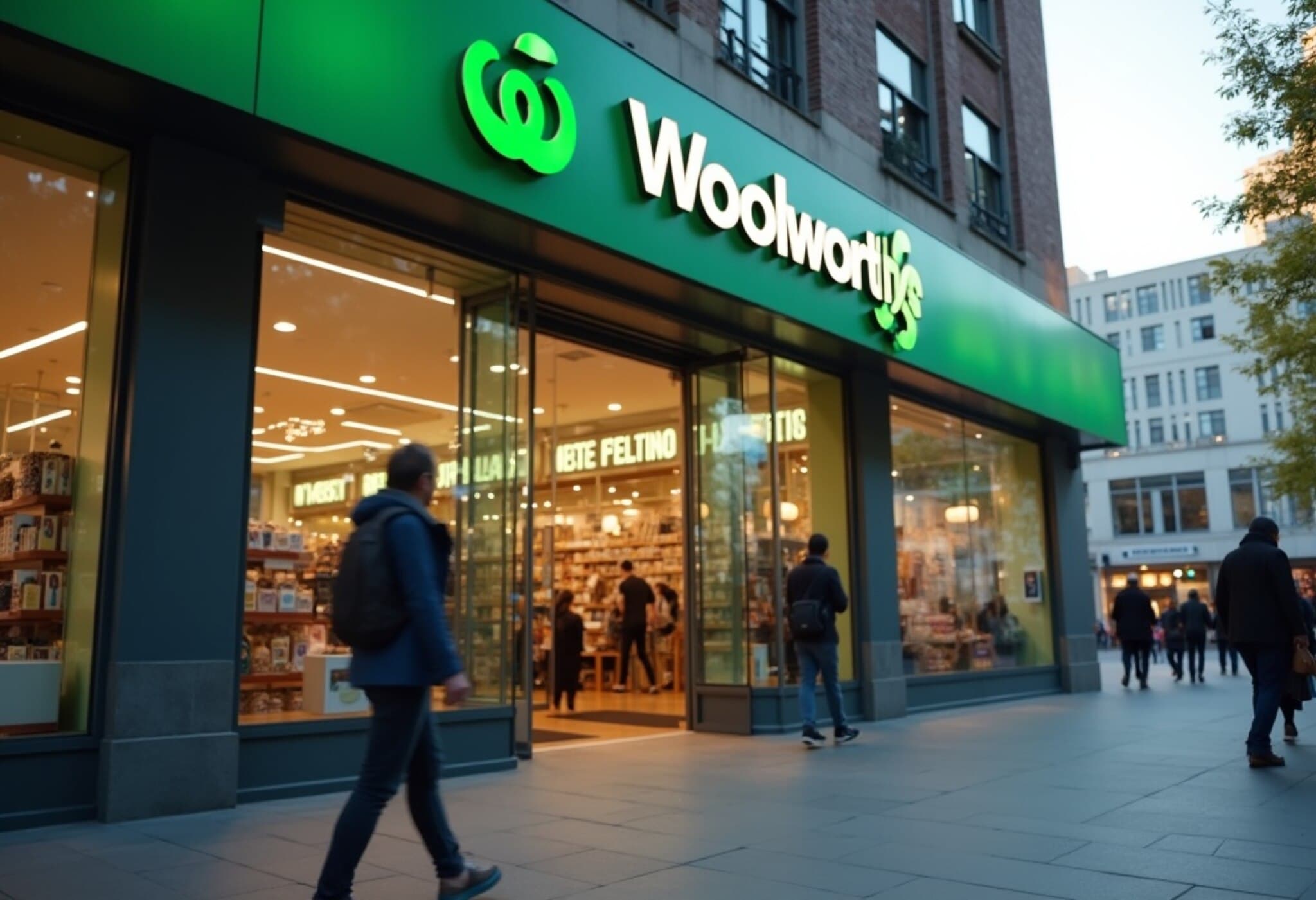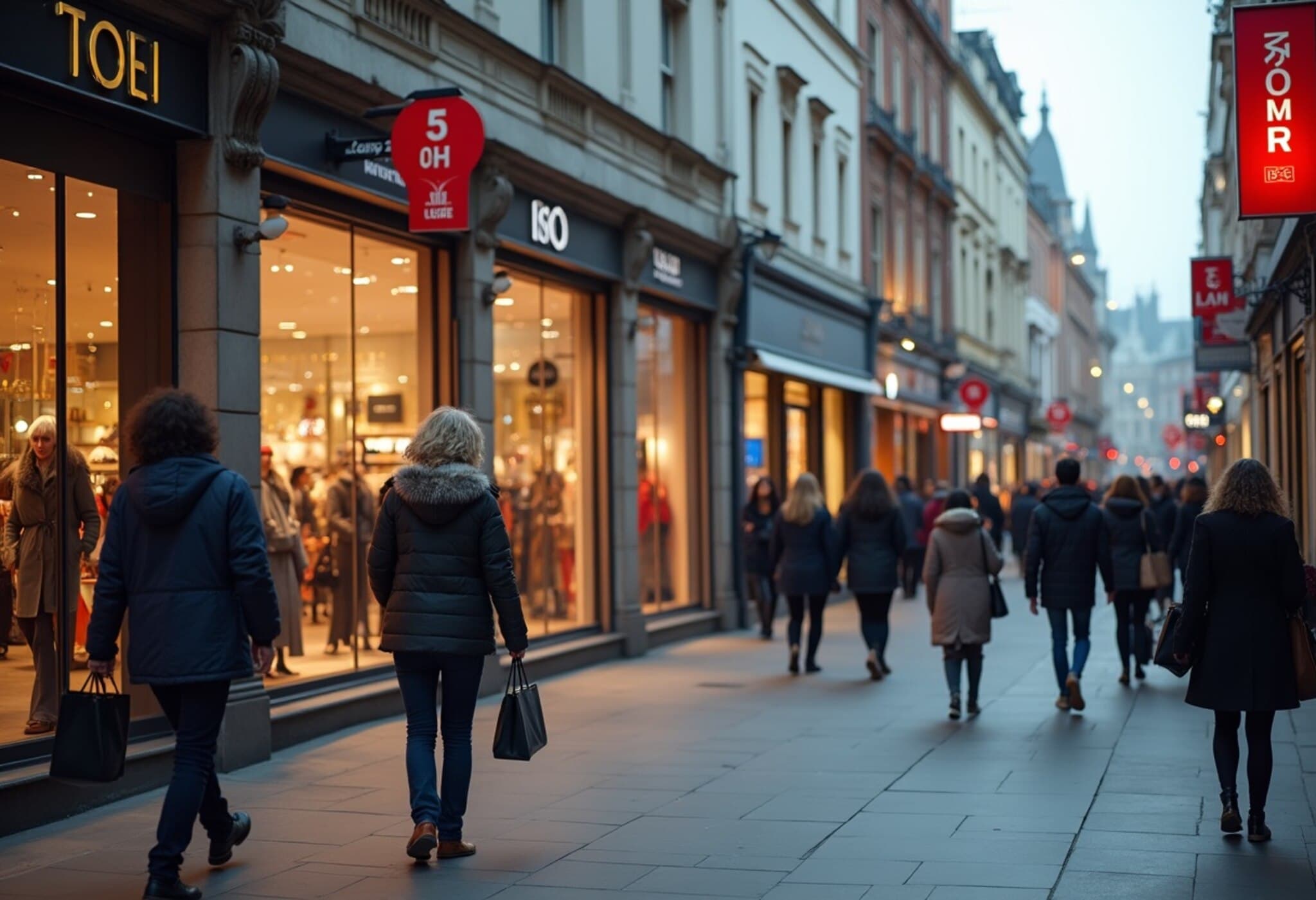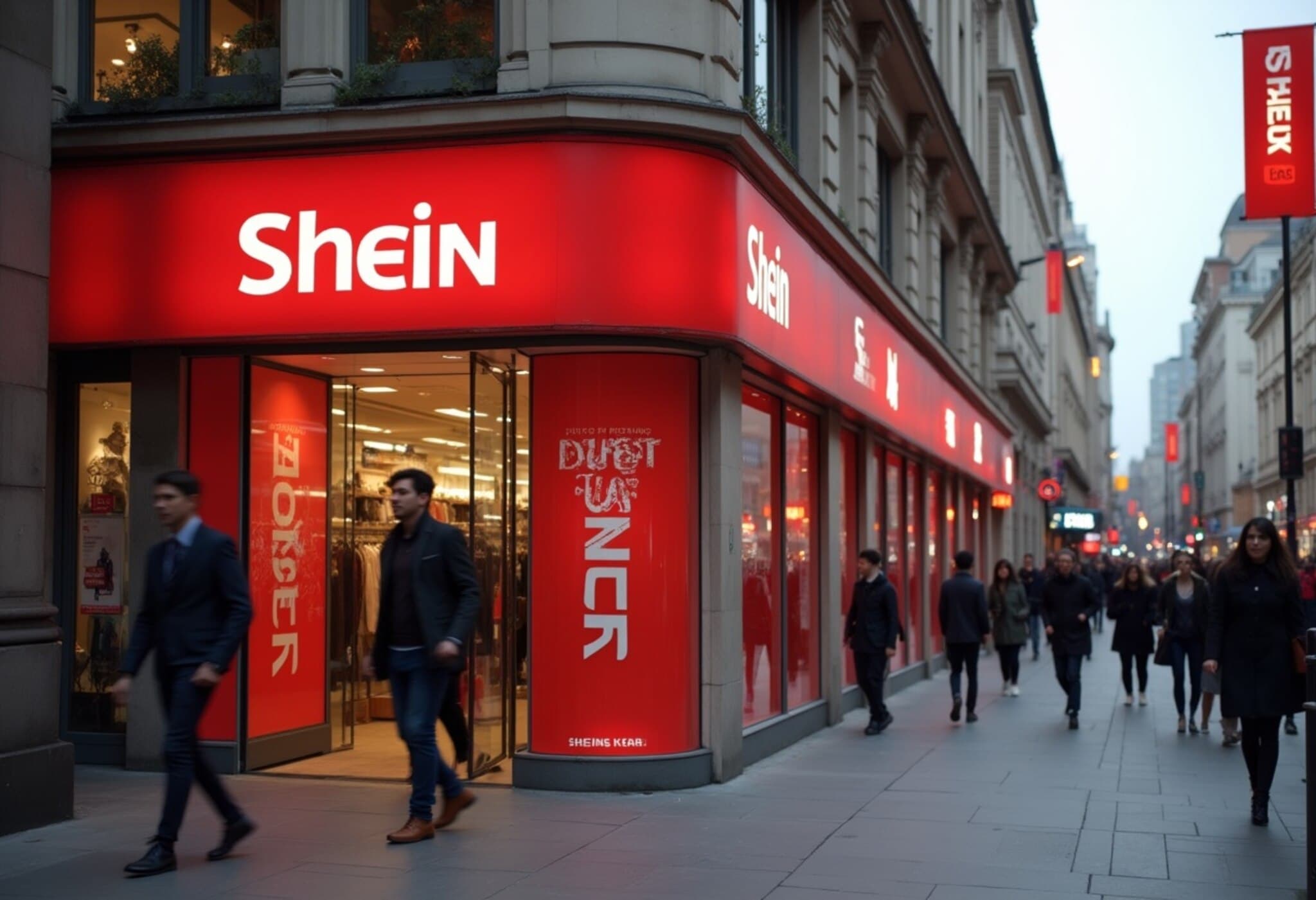London’s Quirky Rubber Duck Retailer Navigates a Tough Market
In the heart of London, amid a retail sector that continues to face headwinds, one unconventional retailer is making waves: Duck World. This niche chain dedicated to rubber ducks has carved out a curious but loyal customer base, with four prime London locations and an outpost in Miami. Despite widespread concerns over Britain’s retail slump — intensified by inflation, rising wages, and tax hikes — Duck World’s colorful flock of quirky, collectible ducks is showing resilience.
Duck World’s Unique Appeal and Business Model
Founded in early 2023 by fintech professional-turned-entrepreneur Irina Fedotova and her business partner Filip Perkon, Duck World aims to “spread happiness” through its playful inventory of over 700 unique rubber duck variants. From superheroes like “Spidy Duck” to British icons like the “Telephone Booth” duck, the assortment caters to tourists, gift seekers, and collectors alike.
Priced from £5 to several hundred pounds for rare pieces, these ducks occupy a niche within what retail analyst Jonathan De Mello describes as the growing phenomenon of “treatonomics” — where consumers indulge in affordable luxuries that boost mood amid tight budgets.
Consumer Trends: The Rise of Treatonomics
Barclays research showed that 46% of Britons prioritize small indulgences like pastries, cosmetics, and novelty items, even during economic uncertainty. Duck World ducks fit this category well, offering a low-cost, feel-good collectible that appeals especially to millennials. Cathrine Jansson-Boyd, a consumer psychology expert, explains that such items transform into status symbols through social validation, notably via platforms like TikTok where trends can snowball rapidly.
Business Challenges: Inflation, Tariffs, and Skepticism
Yet Duck World is far from immune to broader retail pressures. Fedotova acknowledged recent challenges including persistent U.K. inflation, national wage hikes, and cuts to business rate relief forcing price increases. “The past few months have been quite challenging,” she admitted.
Supply Chain Complexities Amid Geopolitics
Most of Duck World’s ducks are designed locally but manufactured in China, exposing the company to tariffs triggered by escalating U.S.-China tensions. With some toy tariffs soaring into triple digits, Fedotova is actively seeking alternative production locales, though U.S. manufacturing remains economically unviable due to costs and infrastructure constraints. Still, the pandemic-era vulnerability of overreliance on Chinese supply chains has spurred some diversification efforts across the toy industry.
The Question of Legitimacy and Public Perception
Despite its growing footprint, Duck World has faced suspicion. Fedotova recounts encountering baseless accusations on social media about money laundering — a reflection of wider skepticism toward small, unconventional businesses in London’s high-street landscape, particularly after crackdowns on some U.S.-style candy stores.
However, Duck World’s financial records and partnerships with reputable landlords, including Network Rail, affirm the company’s legitimacy. Their stores are noted as vibrant, popular pop-ups situated in coveted retail hubs like Liverpool Street and London Bridge stations.
Expert Insights: Navigating “Fad” Risks and Retail Realities
Jonathan De Mello highlights the balancing act between capitalizing on collectible fads and managing finite customer bases. He estimates Duck World enjoys gross margins upwards of 70%, benefiting from low production costs and the collectible appeal.
Still, he warns that trends can fade, raising tough questions about sustainability. “What happens when you become less fashionable? Can you still afford the rent?” he asks — underlining the precariousness of retail in a climate marked by high rents and uncertain consumer spending.
Looking Ahead: Ducks Defy the Odds
Despite this complex environment — marked by high crime rates, soaring taxes, and economic headwinds — Duck World remains optimistic. As Fedotova aptly puts it, “Crime's high, taxes are high, the wages are high, but ducks persist.” Their story highlights how even small, joyful consumer niches can find ways to keep afloat in London’s challenging retail waters.
Editor’s Note
Duck World’s journey underscores the evolving dynamics of urban retail in 2025, where niche collectibles intersect with consumer psychology and geopolitical supply chain shifts. This tale prompts broader questions: How do small luxury retailers sustain relevance amid economic pressures? And what role does social media play in shaping modern buying behaviors? As high-street landscapes and consumer habits continue to transform, ventures like Duck World offer a whimsical but telling case study on resilience, adaptability, and the human desire for small moments of joy.



